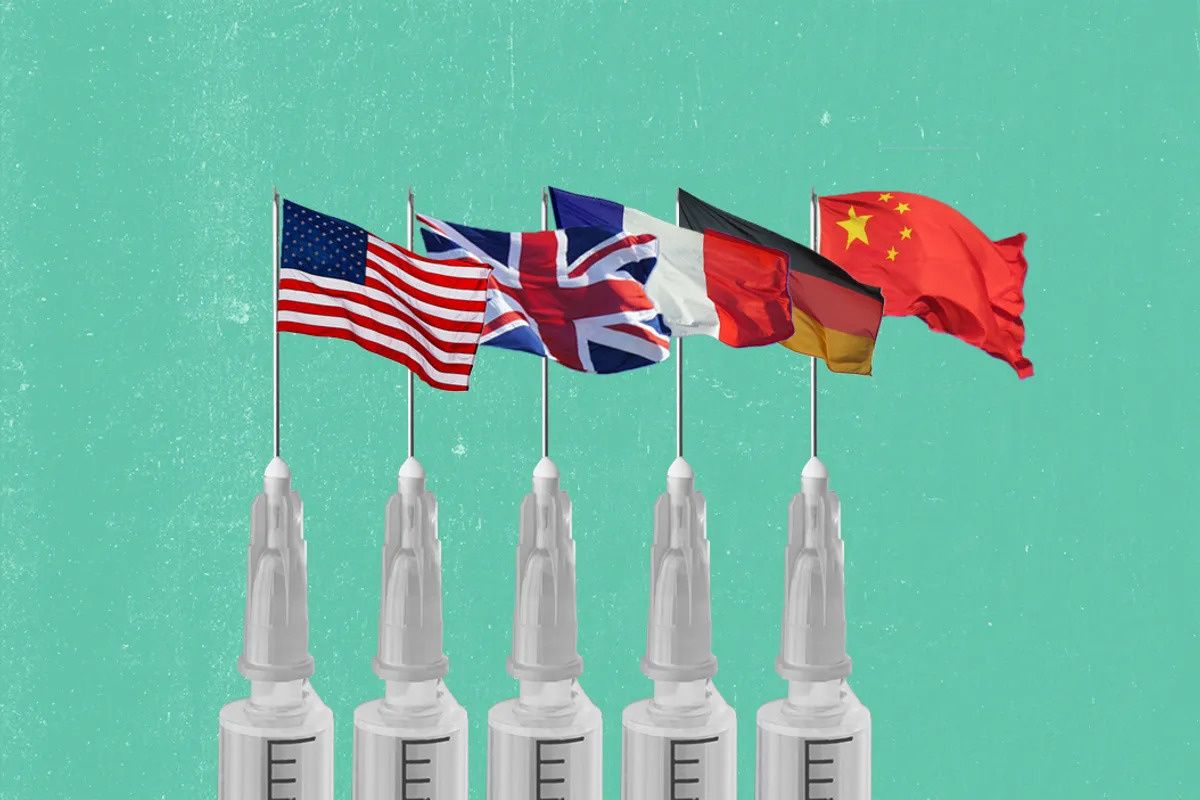Hard Numbers: World Bank's COVID vaccine plan, Wisconsin ballot counting, Fukushima payout, Nigeria turns 60
12 billion: The World Bank is considering spending $12 billion to help poor and middle-income countries gain access to a COVID-19 vaccine when it becomes available and is proven to be safe. The multilateral lender previously committed to a $160 billion global coronavirus aid package.
6: A US federal appeals court in Wisconsin on Wednesday rejected a challenge by the Republican Party to extend counting of absentee ballots up to six days after the November 3 election, as requested by the Democrats. Wisconsin — where mail-in votes can be received until the end of Election Day itself and polling stations are bracing for a massive surge in absentee voting due to COVID1-19 — is a must-win battleground state for President Donald Trump.
9.5 million: A Japanese court has ruled that the government and the country's main power utility must pay $9.5 million in damages to the survivors of the 2011 earthquake and tsunami. The twin disasters caused a meltdown at the Fukushima nuclear power plant that led to the world's worst nuclear crisis since Chernobyl in 1986.
60: Nigeria celebrates 60 years of independence on October 1. The anniversary comes as Africa's most populous country and largest economy grapples with a pandemic-fueled economic crisis and still struggles to eradicate widespread poverty despite its fabulous oil riches.
